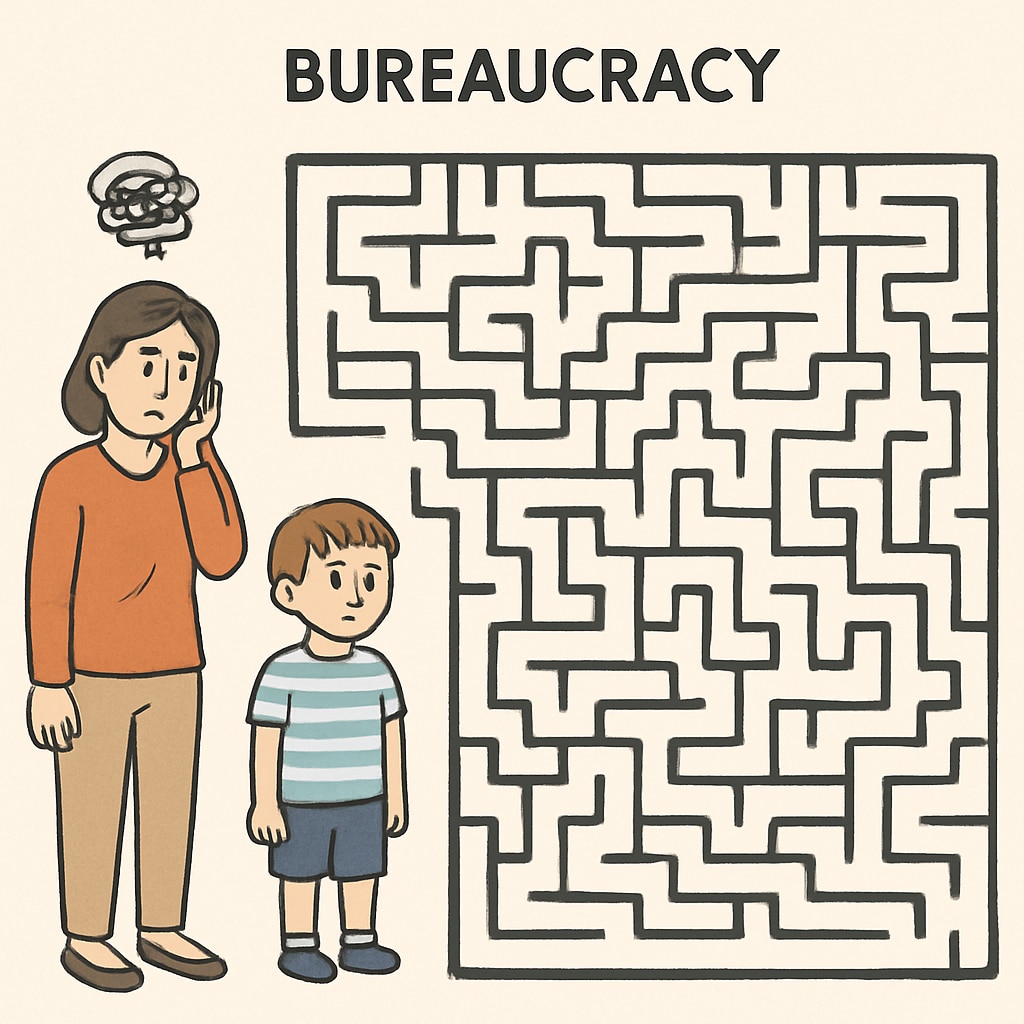In the United Kingdom, special needs students often encounter significant bureaucratic hurdles when attempting to transfer schools. This issue, exacerbated by systemic inefficiencies, neglects the educational rights of vulnerable children. One particularly alarming case involves a 15-year-old girl who, due to severe psychological health challenges, was forced to leave her previous school. Shockingly, 22 weeks later, she still had not been enrolled in a new educational institution. This case highlights the urgent need for reforms to address delays and ensure equitable access to education for all children.
Systemic Failures in Supporting Special Needs Students
The UK education system has long been criticized for its slow and complex processes regarding school transfers for students with special educational needs (SEN). Factors such as lengthy paperwork, lack of coordination between local authorities, and insufficient resources contribute to these delays. For families already under immense stress due to their child’s needs, navigating this bureaucratic maze becomes an overwhelming challenge.

For instance, the 15-year-old girl in question was diagnosed with severe mental health conditions, including anxiety and depression. Her condition worsened to the point where attending her previous school became impossible. Despite clear documentation from healthcare professionals and the family’s persistent efforts, her case was caught in administrative limbo. This left her without access to education for over five months, jeopardizing her academic progress and mental well-being.
Psychological and Academic Impacts of Extended Delays
The consequences of prolonged delays in school transfers are profound. For children with SEN, education provides more than academic growth; it offers a structured environment crucial for emotional and social development. Missing months of schooling can exacerbate existing mental health conditions, isolate students, and erode their confidence.
Moreover, these delays disproportionately affect students from disadvantaged backgrounds. Families with limited resources may struggle to advocate for their child’s needs or challenge the system effectively. As a result, the disparities in access to education widen, perpetuating inequality.

Policy Changes and Recommendations for Reform
Addressing these bureaucratic barriers requires immediate and comprehensive action. Key recommendations include:
- Streamlining administrative processes: Simplify paperwork and ensure better coordination between schools, local authorities, and healthcare providers.
- Increasing funding: Allocate more resources to support SEN students, including dedicated staff to facilitate school transfers promptly.
- Implementing accountability measures: Introduce deadlines for transfer applications and penalties for excessive delays.
- Providing family support services: Offer guidance and advocacy resources to help parents navigate the transfer process.
By adopting these measures, the UK education system can better serve its most vulnerable students and uphold the fundamental right to education.
In addition, raising public awareness about these challenges is crucial. Advocacy groups and media outlets must continue to highlight cases like the 15-year-old girl’s story to pressure policymakers into taking action.
Conclusion: A Call for Equitable Education
The plight of special needs students in the UK underscores a broader issue of systemic neglect within the education system. Bureaucratic delays and inefficiencies not only hinder academic progress but also have lasting psychological effects on children and their families. It is time for policymakers to prioritize the needs of these students and ensure that every child, regardless of their challenges, has access to a supportive and timely education. By addressing these barriers, the UK can move closer to fulfilling its commitment to equitable educational rights for all.
Readability guidance: Clear headings and concise paragraphs enhance accessibility. Lists are used to summarize recommendations, while emotional appeals and case studies provide depth. Passive voice is minimized, and transition words such as “however,” “in addition,” and “for example” create smooth readability.


